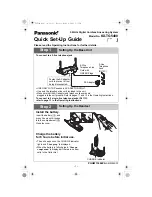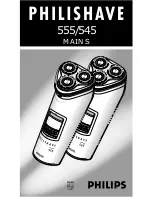
172
The rolled edge stitch is appropriate for lightweight fabrics such as lawn, voile, organdy, crepe, etc.
The rolled edge is achieved by adjusting the thread tension to make the fabric edge roll under the fabric
while overlocking. Adjust the thread tension to change the degree of rolling.
To sew a rolled edge you need to set the
to R.
selection lever
Note : For a beautiful rolled edge, thread the upper looper with a decorative thread and the needle and lower
looper with lightweight regular thread.
Note : Make a thread chain and test sew on a sample of your fabric before sewing on your garment. Hold the
thread chain before sewing to keep it from curling into the seam.
Note : The minimum overlock stitch width that can be obtained for rolled edging is approximately 1.5 mm.
25. ROLLED EDGE SEWING
A flatlock stitch is made by sewing the seam and pulling the fabric apart to flatten the seam. The flatlock stitch
can be used both as a decorative construction stitch, sewing two pieces together (Standard flatlock stitch), or
for embellishment on only one piece of fabric (Ornamental flatlock stitch).
There are two ways to sew a flatlock stitch. Either with the wrong sides of the fabric together to create a
decorative look, or with the right sides together, to create a ladder stitch.
(1) STANDARD FLATLOCK STITCH
* Use the left or the right needle.
* For 2-thread flatlock : Engage the 2-thread
converter (page 85). Thread the lower looper and
the left (A) or right (B) needle.
* For 3-thread flatlock : Thread the lower and upper
looper and the left (A) or right (B) needle.
* Set the machine according to the “ handy
reference chart” (page 158).
* Place the wrong sides of the two pieces of fabric
together to sew a decorative stitch on the right
side of the garment.
* Sew the seam, trimming the excess fabric. The
needle thread will form a V on the underside of
the fabric. The lower looper thread will pull into a
straight line at the fabric edge.
* Unfold the fabric and pull on opposite sides of the
seam to pull the stitches flat.
26. FLATLOCK SEWING
















































